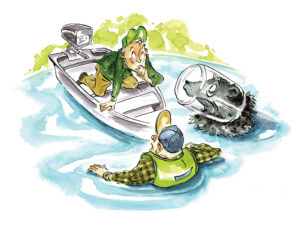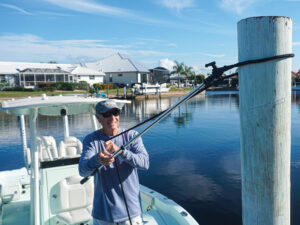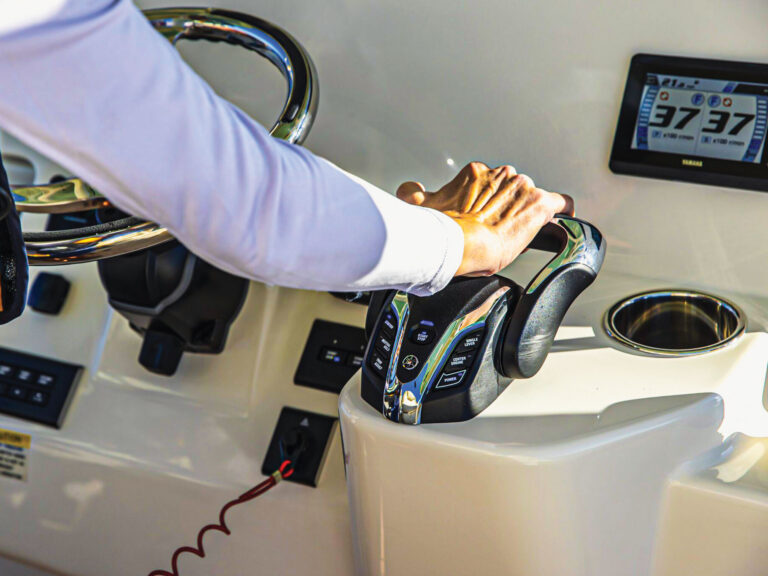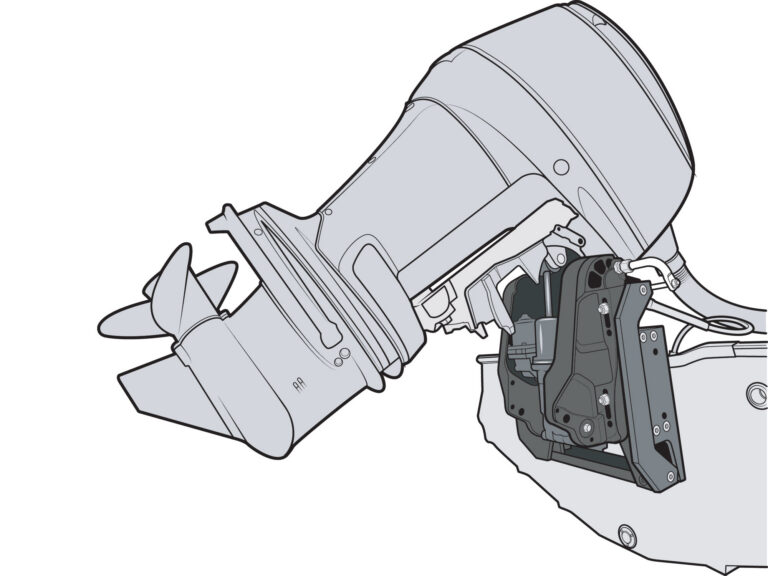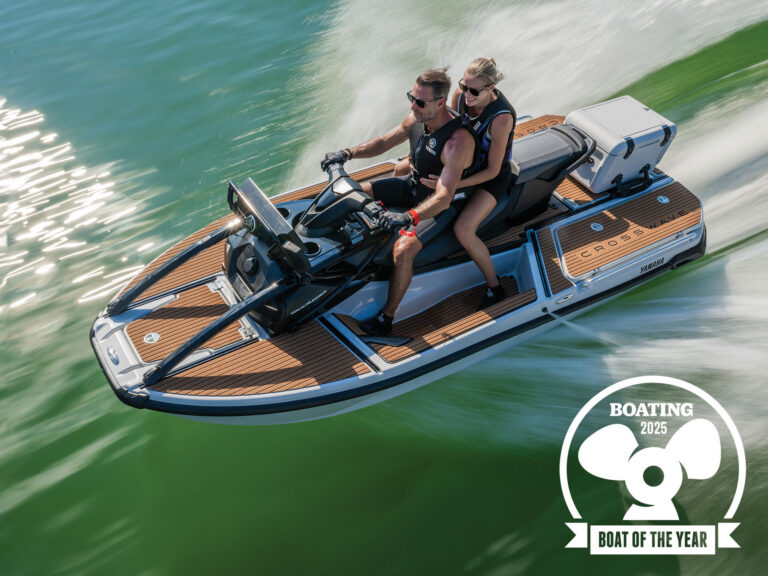
Deaths from distracted driving of automobiles totaled 3,521 for 2021, according to the National Highway Traffic Safety Administration, a division of the US Department of Transportation.
The agency defines distracted driving as any activity that diverts attention, including talking or texting on the phone, eating and drinking, talking to people in the vehicle, or fiddling with the stereo, entertainment or navigation system—anything that takes attention away from the task of driving safely.
Now, I acknowledge there is a great difference between driving on a city street and, say, trolling for tuna 50 miles offshore. The car-boat analogy remains problematic regardless of the applied issue. Still, there are plenty of congested boating scenarios, not to mention random logs and other flotsam and jetsam, that are better seen than unseen. Plus, many boating situations require our utmost focus and attention: running an inlet, docking, operating at night or in fog, etc.
Still, I am on the water running boats as much as four or five times a week and, anecdotally at least, I can state that I see numerous instances of distracted boating. Here’s looking at you, guy who began livestreaming while awaiting a recent lock opening. You were looking good until you went spinning down-current, narrowly missing other boats because you let the bow fall off.
Read Next: Making Good Choices When Boating
That brings me to my first tip: Pick your selfie opportunities carefully. If you really want to capture an experience to share with family and friends, have someone else shoot the footage for you. Or stick the phone or camera on a mount of some sort, with the camera pre-set and rolling before you are in the thick of things. This is how our crew at Boating rolls.
Another thing is to not let your electronics distract you. At the dock, set the screens to the displays you most need. Know the single touches for zoom, split screen, the dimmer, range and other common on-the-go tweaks before you head out. Running down the channel or navigating a crowded anchorage is not the time to have your head down and your mind embroiled in the 16th submenu of the setup function.
Of course, out on open water on a clear day might be a great time to fiddle with things. I am saying pick your opportunity wisely.
Your crew too can be a distraction, especially if there are kids aboard. It’s not their fault—I want to be clear about this point. Whether it’s a child who needs a Band-Aid, or the business partner who can’t figure out how the head works, you need to throttle back to address the issue. Leaning down into the companionway with one hand on the wheel and groping for the first-aid kit or the breaker for the head while the boat’s making 24 knots is not the best move, even on open water. For example, boaters around my home waters have recently been met with loads of flotsam entering Long Island Sound, a result of the flooding that ravaged upstate New York and northern New England in midsummer of 2023.
It only takes a second to hit a log or some Vermonter’s backyard picnic table.
And texting! The NHTSA cites that texting is the No. 1 cause of distracted accidents. Apparently, the average text takes five seconds in the sending or reading. That’s 200 feet at 25 knots, cap’n.
Let’s be careful out there.

